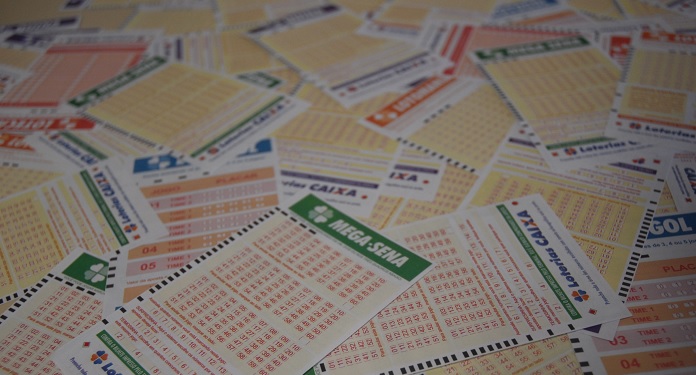Governor Reinaldo Azambuja signed a decree that regulates the operation of lotteries and sports betting in Mato Grosso do Sul from the Secretary of State for Finance. The decree was published in the Official Gazette of the State last Friday, 3rd. The intention is to close operational agreements in order to increase the collection.
In the documentation, also signed by Secretary Luiz Renato Adler Ralho, responsible for the State Department of Finance, it provides that the exploitation of these types of games is seen as a public service and the funds received must be transferred to actions in the social security, housing, sport, education, health, social, cultural development or public security.
Initially, the government will open accreditation of lottery shops to carry out the services, until the administration points out the legal format to be executed. “Sefaz will be able to enter into agreements with other public bodies and entities of the Union, other States or Municipalities, to fulfill its purposes related to the exploitation of the public service of lotteries”, it says in the published document.
Gambling Modalities
The group of modalities includes betting on numbers prediction contest, in which the player seeks to guess which dozens will be drawn, as well as sports betting, by which bettors try to predict the outcome of sporting events.
According to a report from the MídiaMax portal, there is also the fixed-odds sports bet, in which the player plays in real events in the sports scenario, such as, for example, the result of a football match in a national tournament.
It should be noted that in September 2020, the Federal Supreme Court (STF) ended up allowing federative units the opportunity to explore state lotteries. Therefore, the Union remains in charge of legislating on the matter.
In addition, the STF also offers total security to the states for the exploration of the sector, as it grants autonomy both for existing modalities and for the expansion and creation of new categories.




















































